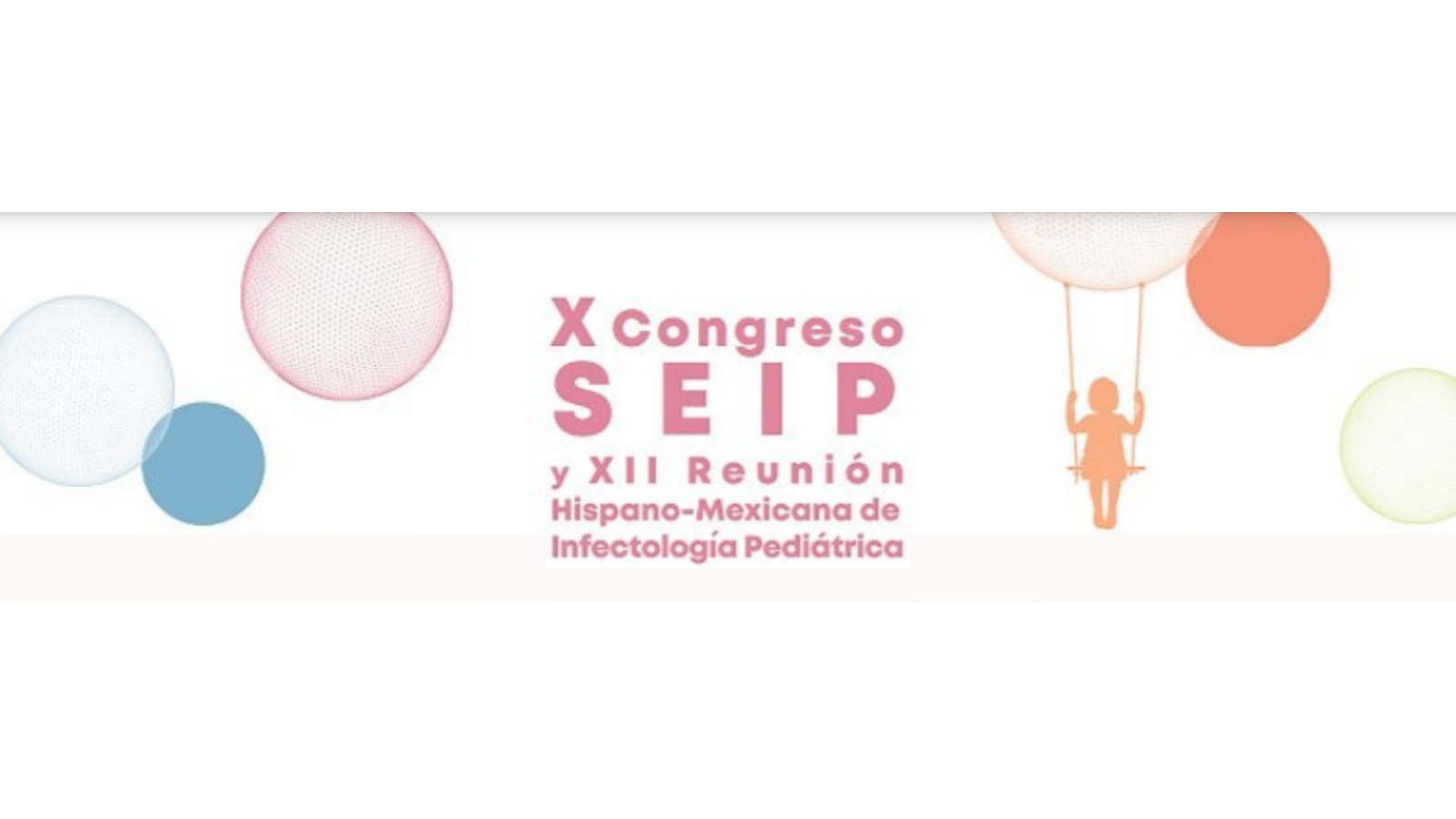- Zika-Host results
Our study aims to describe Zika virus (ZIKV) infection from the host perspective searching for biomarkers of susceptibility, diagnosis and prognosis through a genomic approach.
We have analysed 80 DNA samples extracted from blood and/or saliva samples, from 40 paired mother-child. The mothers had suffered ZIKV infection during the pregnancy, 20 of the children born developed typical sequelae associated with ZIKV, meanwhile the remaining 20 remained asymptomatic.
High-quality DNA was extracted from the samples to proceed with the Whole Exome Sequencing (WES), obtaining genotype data for 407,311 biallelic SNPs.
We performed a phenotype analysis considering 3 different analysis and each cohort (mothers and children) was analysed independently:
1) genotype-based analysis: no significant SNP was associated with the phenotype for none of the four considered models and analysed cohorts.
2) allele-based analysis: we found P-values close to the statistical significance threshold
3) gene-based analysis considering SKAT analysis weighting by DANN index pathogenicity by SNP. Three significant genes were obtained from the children’s analysis without population covariates: PANO1, PIDD1 and SLC25A22 (Figure 1A), and all of them were replicated in the analysis with covariates. These three genes are closely located in chromosome 11. PIDD1 and PANO1 are related to apoptosis and cell’s death, while SLC25A22 is closely related to early infantile epilepsy. Regarding Reactome and KEGG analysis, gen PIID1 is related to the p53 pathway, which correlates with cell’s death and apoptosis and furthermore, with microcephaly, a typical phenotypic feature of Congenital Zika Syndrome. There were no significant genes found in the mother’s-based analysis (Figure 1B).

Figure 1. A. Significant genes obtained from the children’s analysis without population covariates: PANO1, PIDD1 and SLC25A22. B. There were no significant genes found in the mother’s-based analysis.
- The Spanish Society of Pediatric Infectious Diseases (SEIP) and its 10th Annual Meeting
The Spanish Society of Pediatric Infectious Diseases (SEIP) has continued positioning itself as one of the Specialty Societies of the Spanish Association of Pediatrics (AEP) with the greatest progression, both for its broad scientific contribution, for its stable number of partners and for their impact and presence in the media. In the last 4 years, SEIP has invested 14,705€ in aid for the organization of courses and 21,000€ in research and training grants for its partners and has launched he University Expert Course in Pediatric Infectious Diseases with a total of 292 enrolled during the last course.
The Annual Meeting takes place every 2 years with a total of 300-400 registered participants and around 250 accepted communications. It is among the most important pediatric infectious diseases meeting nationally and in Latin-American countries; presenting at SEIP is a great opportunity to generate visibility of the ZikAction Project and ZikaHost, disseminate our findings and develop collaborations for future studies and replication of our results in other cohorts.



